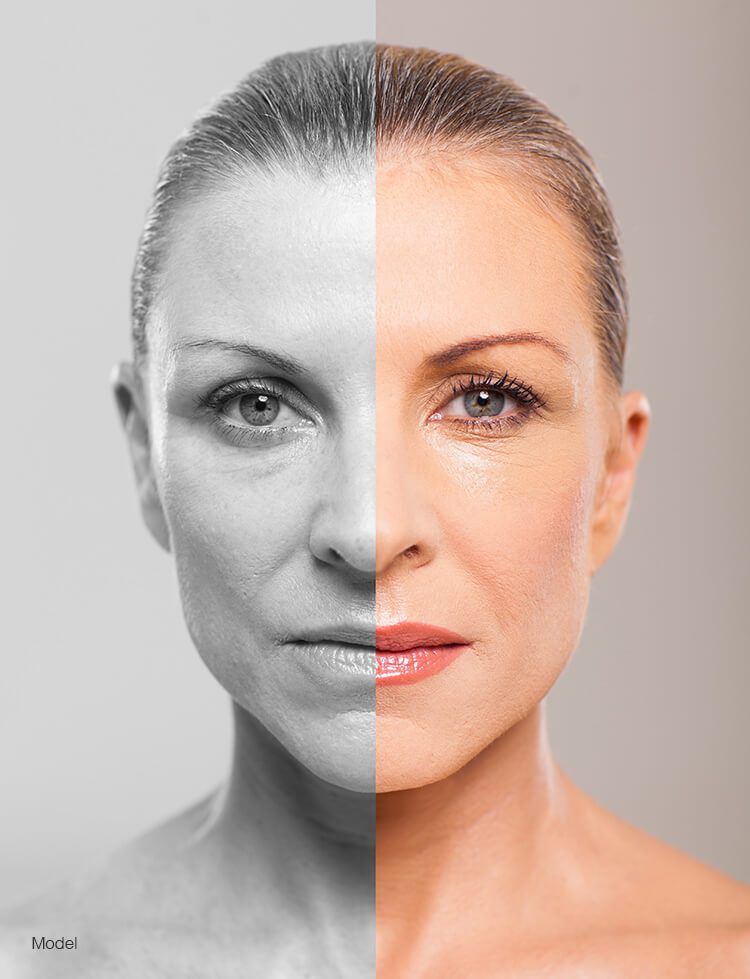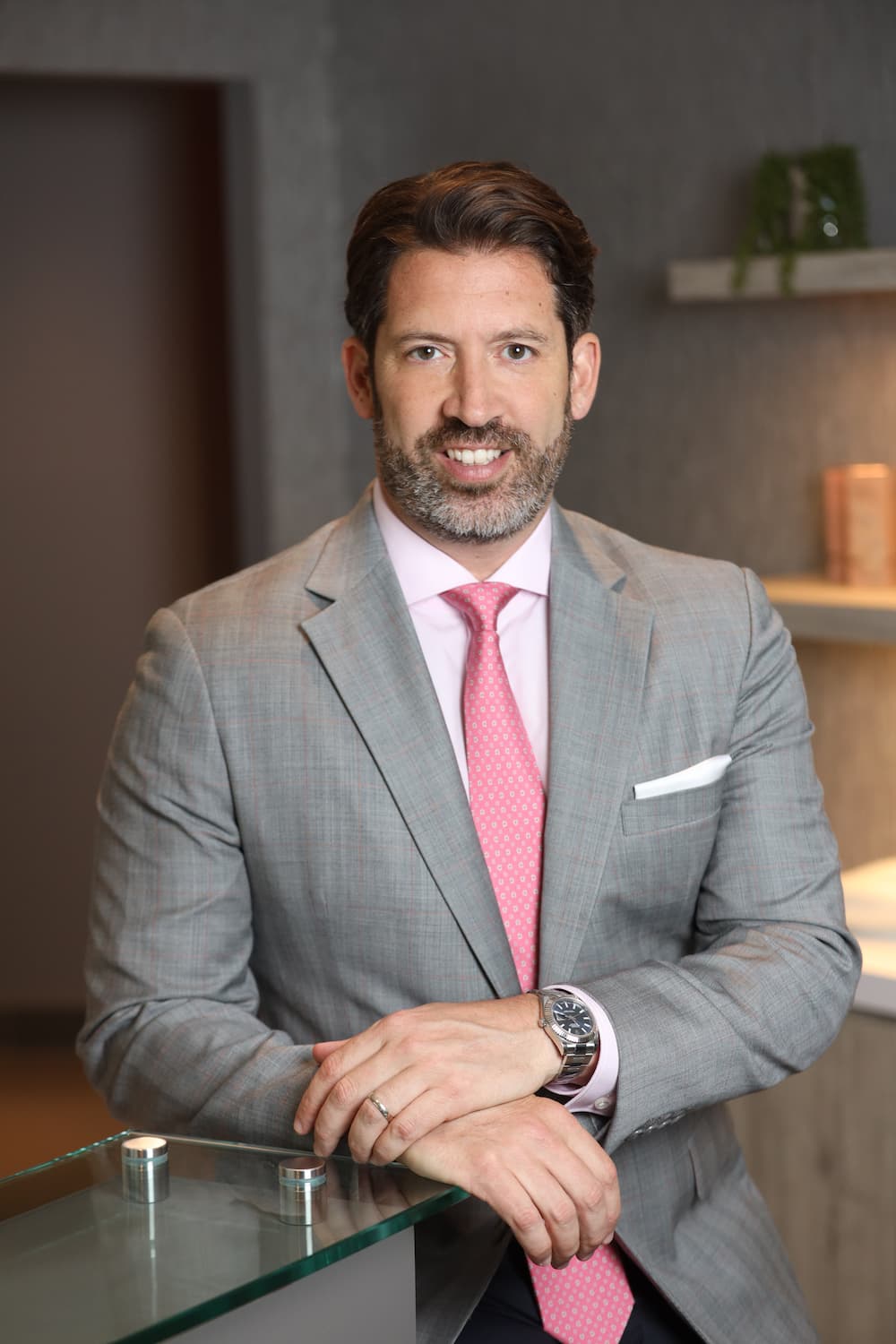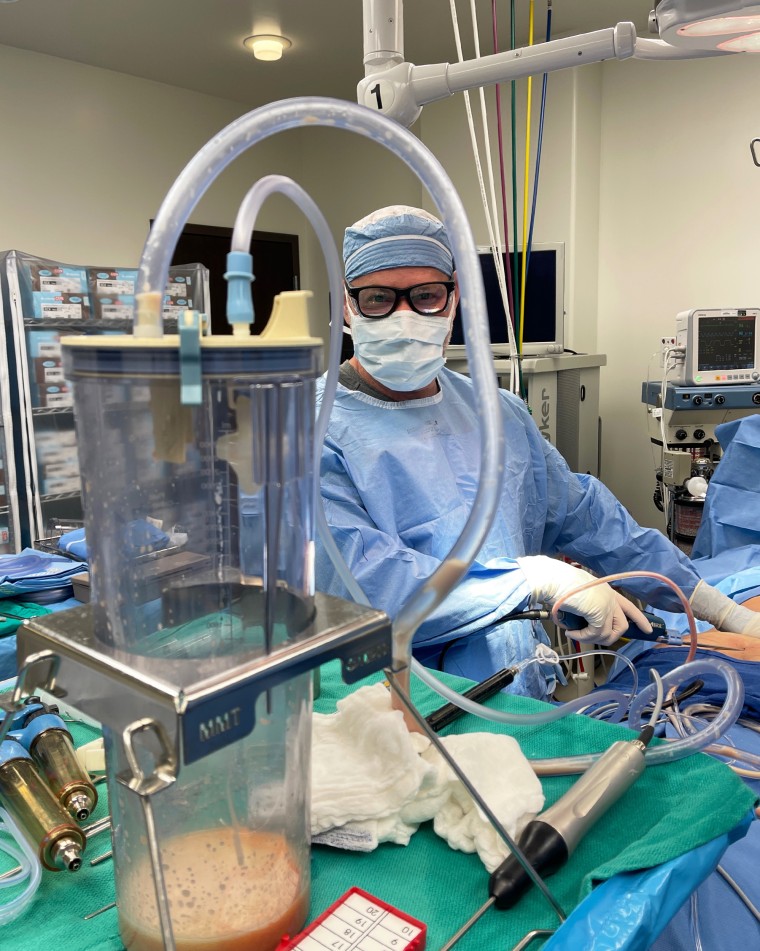Liposuction Bellevue: Target Stubborn Fat with Leading Plastic Surgeons
Liposuction Bellevue: Target Stubborn Fat with Leading Plastic Surgeons
Blog Article
A Deep Study the Usual Reason for Looking For Plastic Surgery: Unpacking the Wish for Adjustment and Self-Improvement

Societal Pressures and Appeal Criteria
Regularly, social stress and dominating appeal criteria play a substantial duty in individuals' choices to pursue plastic surgery (liposuction bellevue). In contemporary culture, visual depiction greatly affects individual perceptions of appearance, typically continued by media, star recommendations, and social systems. These channels often advertise idyllic variations of beauty, leading individuals to internalize these criteria and assess their self-respect against them

Furthermore, these stress are not restricted to specific demographics; they affect people across various ages, sexes, and backgrounds, highlighting the pervasive nature of charm standards. This widespread impact increases vital concerns about the ethics of plastic surgery and the ramifications of societal standards on specific selections. Eventually, comprehending these stress is crucial for cultivating a much more inclusive definition of charm that celebrates diversity.
Individual Experiences and Transformative Stories
Many people that go through plastic surgery record transformative experiences that expand beyond mere physical adjustments. For lots of, these treatments act as a catalyst for enhanced self-worth and a restored feeling of identity. Clients often explain feeling freed from long-standing insecurities, resulting in raised self-confidence in both expert and personal worlds.
Take, as an example, the tale of a girl who undertook boob job after years of sensation uncomfortable regarding her look. Post-surgery, she reported not only a newfound convenience in her body yet also a substantial renovation in her social life and occupation opportunities. Likewise, a middle-aged male that chose to undertake a renovation shared how the treatment revitalized his expectation on life, motivating him to seek new rate of interests and connections.

Emotional Aspects Behind Plastic Surgery
Numerous psychological factors add to the decision to undergo cosmetic surgery, mirroring deeper emotional and psychological health factors to consider. Individuals often go after medical improvements as a way to resolve feelings of inadequacy, low self-confidence, or discontentment with their look. These mental motivations can be rooted in past experiences, social comparisons, or individual goals.
Body picture distortion is a prevalent issue, where individuals view their physical attributes in an exaggeratedly adverse light. This distortion can lead to compulsive ideas concerning regarded defects, prompting the need for medical alteration as a remedy. In addition, the search of excellence and social pressures can intensify these feelings, pressing individuals toward cosmetic procedures in hopes of accomplishing an idyllic version of themselves.
Moreover, the concept of self-improvement plays a critical function. Many individuals watch cosmetic surgical treatment as a path to boost their quality of life, believing that enhanced look will certainly cause increased social acceptance, better partnerships, or improved career possibilities. Ultimately, the psychological aspects behind plastic surgery emphasize the intricate interplay in between specific self-perception and outside influences, revealing the complex nature of the wish for adjustment.
The Duty of Media in Understanding
In today's culture, media plays a crucial duty fit perceptions of charm and self-respect. With different systems-- social media, television, and advertising and marketing-- idyllic criteria of charm are frequently shared, affecting private aspirations and self-image. These portrayals frequently stress slim content meanings of beauty, predominantly featuring younger, slim, and electronically improved pictures, which can produce unrealistic criteria for people striving to adapt.
The effect of media is additional worsened by the pervasive nature of social media sites, where individuals are bombarded with curated content that highlights aesthetic enhancements, endorsing a society of comparison. This constant exposure can bring about sensations of insufficiency amongst customers, motivating them to consider plastic surgery as a method of accomplishing the viewed ideal. Study shows that people that engage with these media depictions are extra likely to share frustration with their appearance, reinforcing the need for medical treatments.
In addition, the normalization of plastic surgery in media narratives can desensitize audiences, framing such treatments as commonplace and even needed for social approval. Therefore, the media's portrayal of beauty not just affects individual choices concerning cosmetic surgery but also contributes to a wider social discussion regarding self-respect and identity.
Future fads and honest considerations
Amidst the expanding popularity of cosmetic surgical treatment, honest factors to consider bordering the technique have ended up being significantly popular. As the need for procedures rises, so too do concerns concerning educated consent, the mental inspirations of people, and the possibility for exploitation by cosmetic surgeons. It is essential for professionals to make certain that individuals totally comprehend the benefits and dangers, in addition to the ramifications of their choices, to foster an accountable approach to aesthetic improvements.
Furthermore, the influence of social this media sites and charm standards questions concerning the influence on psychological wellness, specifically among at risk populations. As recognition of body photo concerns grows, moral practice demands a mindful evaluation of the motivations behind medical treatments. Specialists should stabilize patient needs with honest responsibility, making certain that decisions are rooted in real self-improvement instead of social pressures.
Wanting to the future, fads may shift towards non-invasive and highly advanced treatments, highlighting individual safety and security and satisfaction. In addition, the unification of mental assessments might aid deal with underlying concerns before surgical treatment. The plastic surgery area must adjust to these honest obstacles while advertising a society of openness and self-acceptance, eventually prioritizing the well-being of patients.
Verdict
In verdict, the search of cosmetic surgery is influenced by a convergence of societal stress, personal experiences, and psychological aspects. As moral considerations advance, future trends in cosmetic surgery will likely reflect ongoing social discussions surrounding self-improvement and specific identification.
Regularly, social pressures and dominating charm criteria play a considerable duty in people' decisions to seek cosmetic surgical procedure. liposuction bellevue. Eventually, these transformative stories highlight the complex reasons individuals seek cosmetic surgical treatment, linking individual growth with the quest of visual enhancement
Numerous people see cosmetic surgery as a pathway to boost their high quality of life, thinking that enhanced look will certainly lead to boosted social acceptance, much better connections, or improved occupation possibilities. Inevitably, the emotional variables behind cosmetic surgery underscore the intricate interplay between individual self-perception and outside impacts, revealing the multifaceted nature of the wish for change.
As moral factors to consider progress, future patterns in cosmetic surgical treatment will likely mirror Full Report ongoing social discussions bordering self-improvement and private identity. liposuction bellevue.
Report this page